SQL vs. NoSQL: Choosing the Right Database for Your Orbitype Projects

Introduction
In web development and content management, the productivity and scalability of your projects is directly tied to what your choice is when it comes to appropriate database management systems. The distinctions between SQL and NoSQL databases must be understood, since technologies like as Orbitype streamline content management.
We'll examine the distinctive qualities of NoSQL and SQL databases in this blog, providing you with details on when to employ each. Our mission is to assist you in selecting the database type that best suits your requirements for your Orbitype projects.
Join us on this informative journey to enhance your understanding and make confident, informed decisions!
What is SQL?
For many years, databases using Structured Query Language (SQL) have been the mainstay of data management systems. These databases are relational, meaning they store data in tables with rows and columns, and relationships between data entities are explicitly defined. SQL databases are known for their robustness, consistency, and support for complex queries. Popular SQL databases include MySQL, PostgreSQL, and Microsoft SQL Server.
What is NoSQL?
NoSQL databases offer a more flexible approach to data management. They are designed to handle unstructured or semi-structured data and can scale horizontally with ease. NoSQL databases come in various forms, including document stores (like MongoDB), key-value stores (like Redis), column-family stores (like Cassandra), and graph databases (like Neo4j). You might even know these databases for their exceptional scalability, excellent performance, and capacity to manage massive data volumes.
Key Differences Between SQL and NoSQL
Data Structure
SQL: Uses structured data with predefined schemas.
NoSQL: Handles unstructured or semi-structured data with dynamic schemas, offering a flexible schema.
Scalability
SQL: Scales vertically by increasing the power of a single server.
NoSQL: Scales horizontally by adding more servers.
Flexibility
SQL: Schema changes require careful planning and can be time-consuming.
NoSQL: Schemas are flexible and can evolve without significant downtime.
Performance
SQL: Optimized for complex queries and transactions.
NoSQL: Optimized for large volumes of read/write operations and distributed data.
Consistency vs. Availability
SQL: Prioritizes consistency (ACID properties: Atomicity, Consistency, Isolation, Durability).
NoSQL: Often prioritizes availability and partition tolerance (CAP theorem).
The Optimal Choice for Orbitype: PostgreSQL
When it comes to Orbitype projects, the choice of database becomes clear. Orbitype uses PostgreSQL, a powerful SQL database that uniquely supports unstructured data with its JSONB capabilities. This blend of structured and unstructured data management makes PostgreSQL an exceptionally versatile and robust choice for any project.
Why PostgreSQL is the Right Answer for Orbitype Projects
PostgreSQL's compatibility with Orbitype offers several key benefits:
Flexibility: PostgreSQL supports both structured and unstructured data, making it ideal for projects with evolving data requirements.
Scalability: It can handle both vertical and horizontal scaling, accommodating growth in data volume and user load.
Performance: PostgreSQL excels in complex queries and transactions, ensuring your project runs efficiently and reliably.
Consistency: It adheres to ACID properties, guaranteeing data integrity and consistency.
By using PostgreSQL, Orbitype provides a balanced solution that leverages the strengths of SQL databases while accommodating the flexibility often associated with NoSQL systems. This ensures that you can achieve practically everything needed for your project with a single, powerful database system.
Making the Right Choice for Your Orbitype Projects
Choosing between SQL and NoSQL for your Orbitype projects depends on your specific requirements and goals. Here are some practical tips to help you decide:
Evaluate Data Structure: Determine whether your data is structured, semi-structured, or unstructured.
Assess Scalability Needs: Consider whether your project requires vertical or horizontal scalability.
Analyze Performance Requirements: Identify the performance characteristics that are most important for your application.
Consider Flexibility: Decide if you need a flexible schema that can evolve over time.
Prioritize Consistency or Availability: Based on the CAP theorem, choose whether consistency or availability is more critical for your project.
For mobile app development with Orbitype
For mobile app development with Orbitype, it's crucial to understand how SQL and NoSQL databases impact performance. If you're specifically building mobile applications with Orbitype, explore how SQL and NoSQL databases impact mobile app performance.
Conclusion
Both NoSQL and SQL databases have their advantages, but for Orbitype projects, PostgreSQL stands out as the optimal choice. Its ability to handle both structured and unstructured data, combined with its robustness, scalability, and performance, makes it an excellent fit for a wide range of applications. Choosing PostgreSQL for your Orbitype projects ensures you have a powerful, versatile, and reliable database system that meets all your development and content management needs.
Examine the requirements of your project carefully, and make use of the advantages that PostgreSQL offers to improve your development and content management processes. This methodical approach will open the door to more productive and fruitful projects, ultimately resulting in improved business outcomes.
Read more
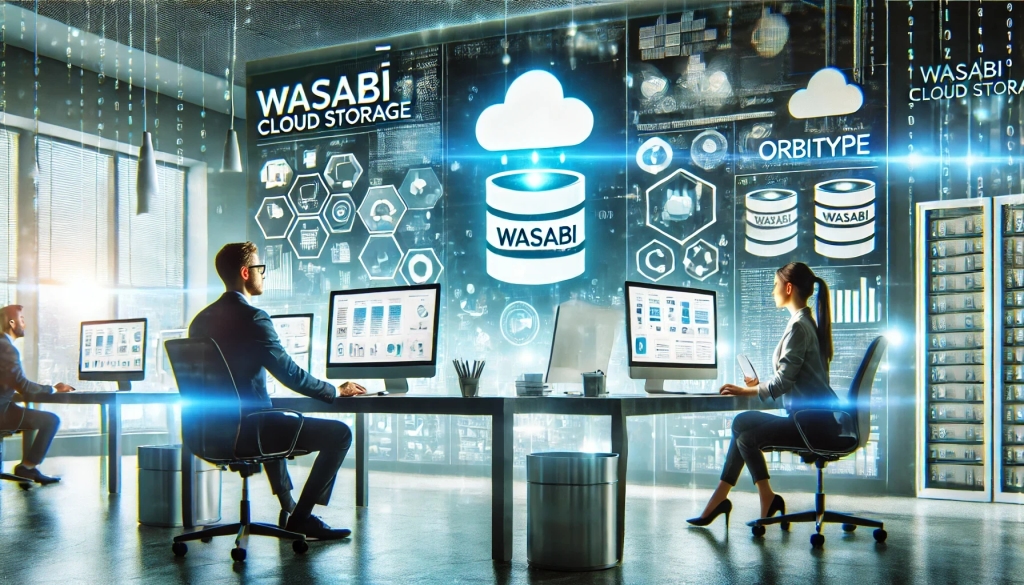
Seamless Data Management: Integrating Wasabi Cloud Storage with Orbitype
Boost your CMS performance with Wasabi Cloud Storage and Orbitype integration. Learn how this cost-effective, scalable solution enhances data management and delivers exceptional results.
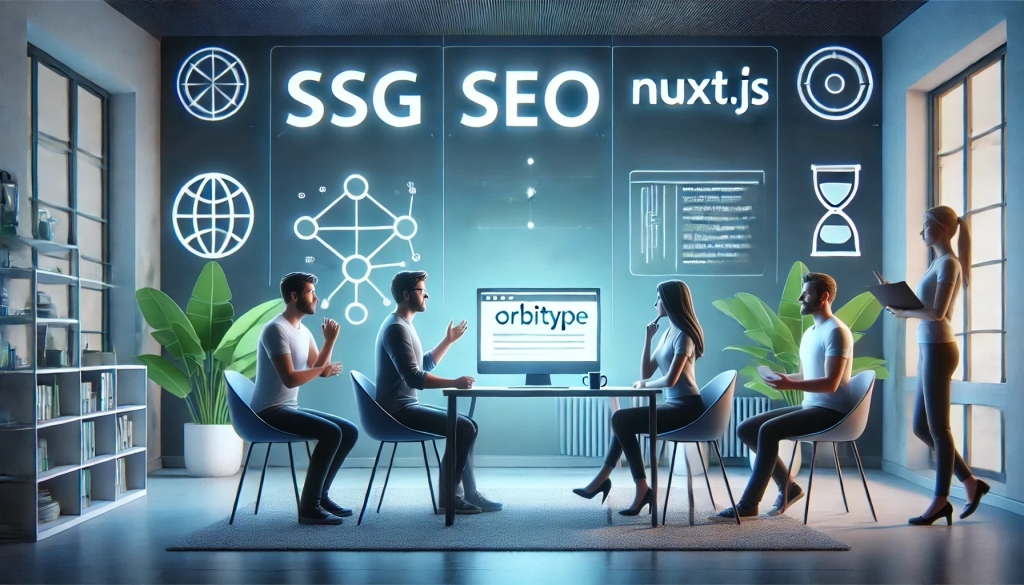
Integrating Orbitype with Nuxt.js for Optimal Performance and SEO
Leveraging Orbitype, a robust headless CMS, with Nuxt.js, a Vue.js framework, provides developers a powerful solution for building fast, SEO-optimized websites. This blog post explores how the integration of Orbitype and Nuxt.js harnesses the benefits of static site generation (SSG) and server-side rendering (SSR), thanks to Orbitype's API-driven content management system.
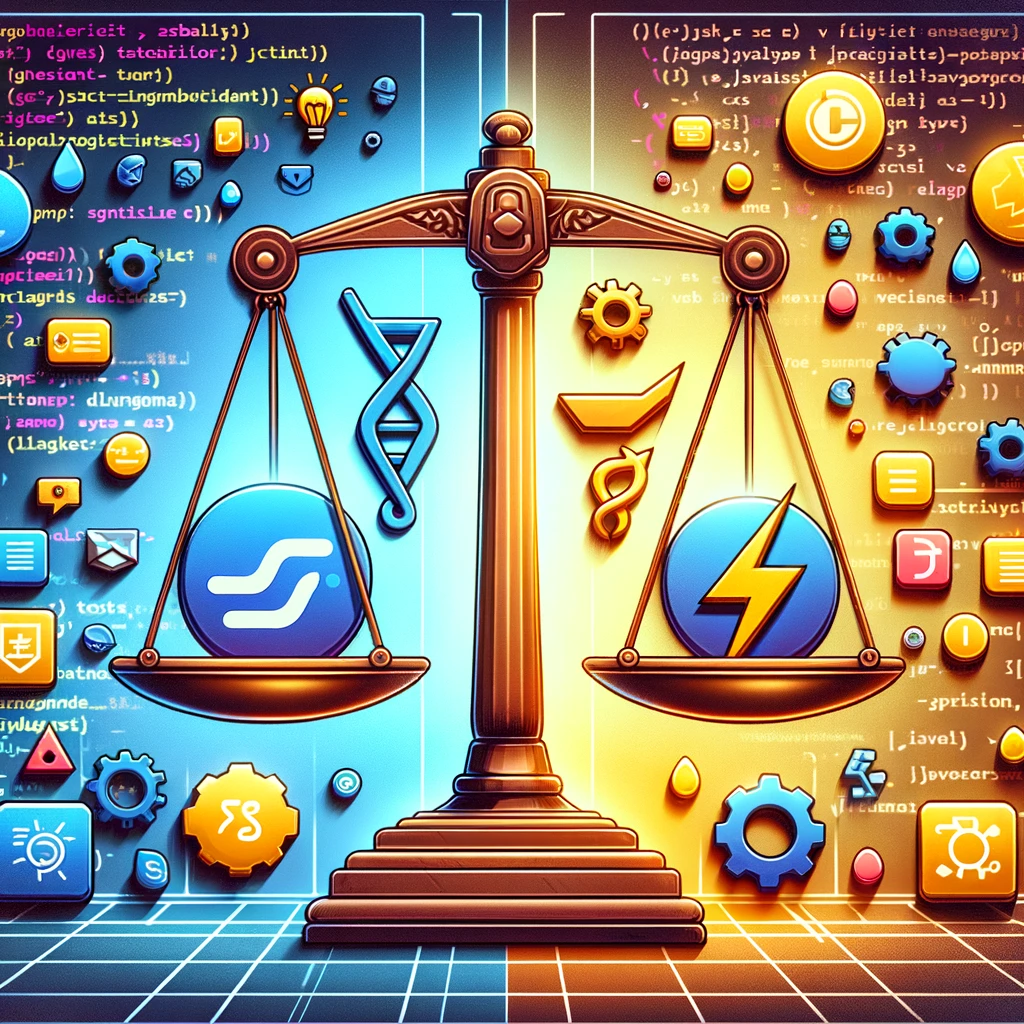
TypeScript vs. JavaScript
Discover the synergy between TypeScript and JavaScript for web development. Learn how Orbitype supports Nuxt CMS, headless CMS for Nuxt, and future-ready digital trends.
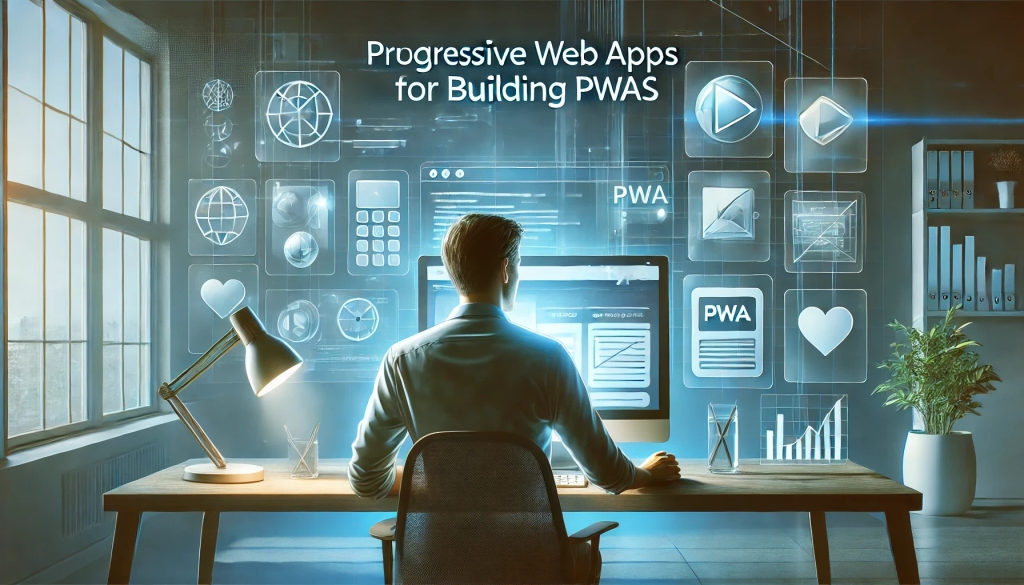
Building Progressive Web Apps (PWAs) with Orbitype
Explore how Orbitype enhances Progressive Web Apps (PWAs) with optimized performance, offline capabilities, and seamless content management for superior user experiences.
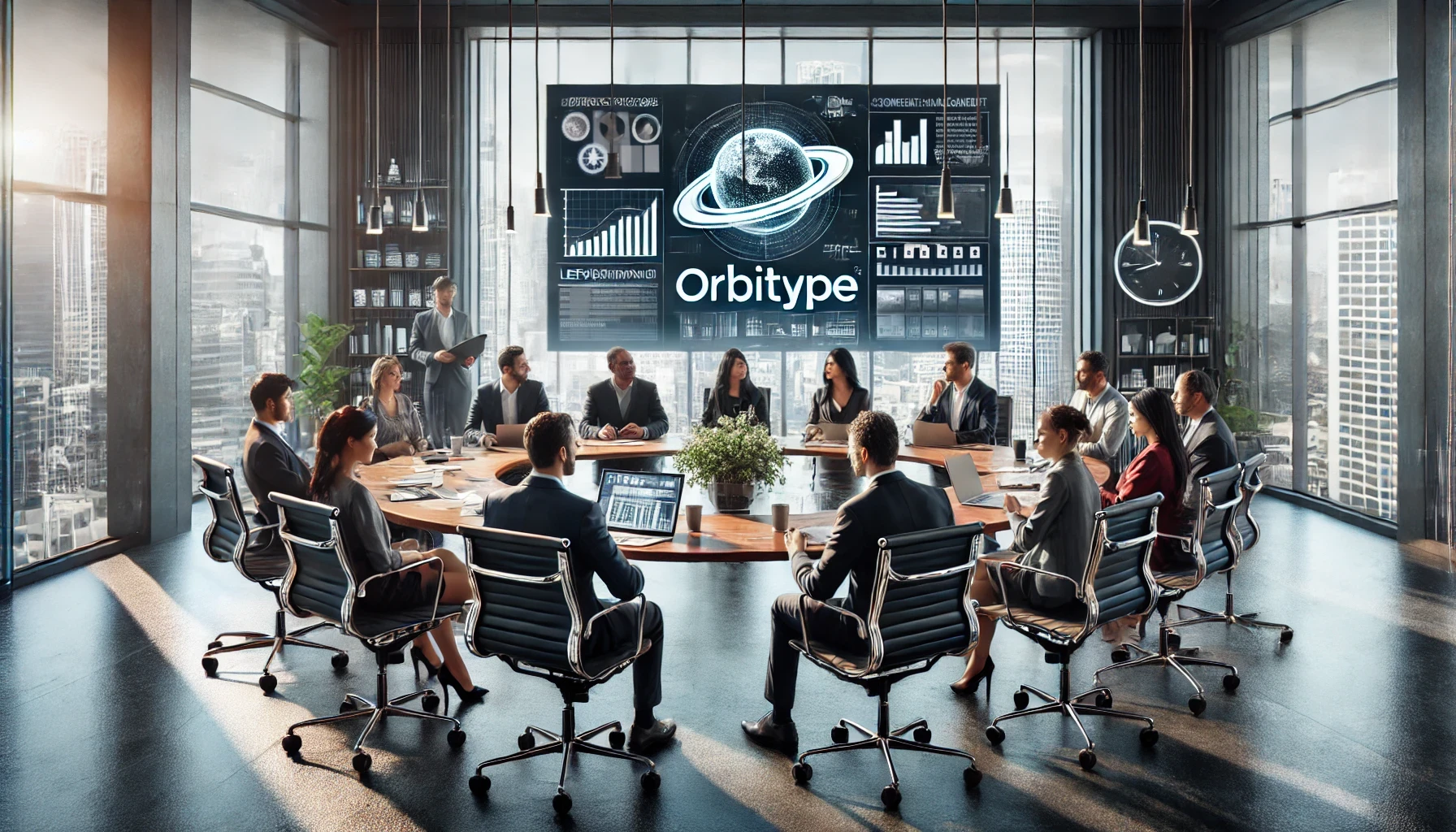
Leveraging Orbitype for Efficient Content Management in E-Commerce
nhance your e-commerce performance with Orbitype CMS. This scalable headless CMS simplifies content management, boosts SEO, and seamlessly integrates with Shopify, WooCommerce, and Magento for dynamic, flexible solutions.

Mastering Third-Party Integrations with a Headless CMS for Efficient Workflows
Streamline workflows and scale your business with seamless third-party integrations using Orbitype's flexible headless CMS—designed for efficiency, automation, and growth.
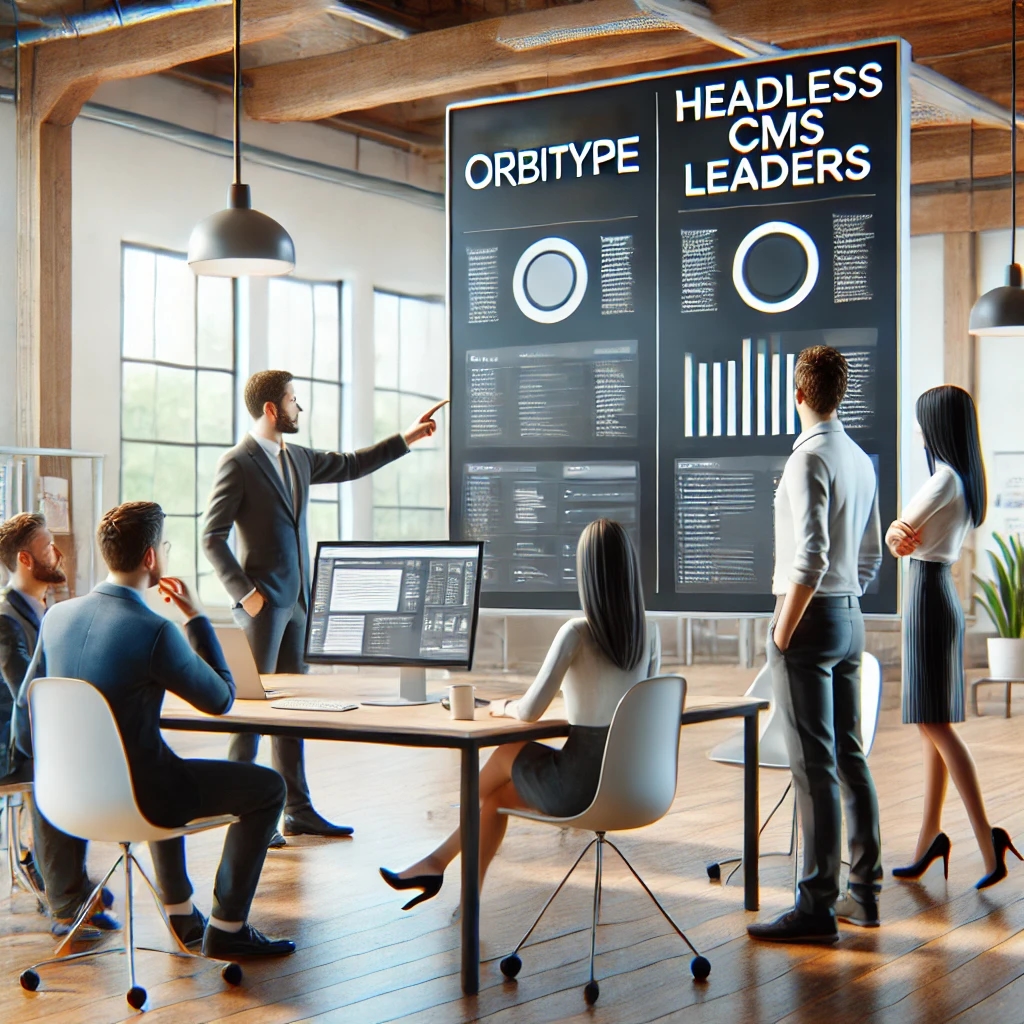
How Orbitype Compares to Headless CMS Leaders in 2025
Struggling to choose the best CMS? Discover how Orbitype compares to headless CMS leaders in 2025, solving complexity and scalability challenges with ease. Try Orbitype!
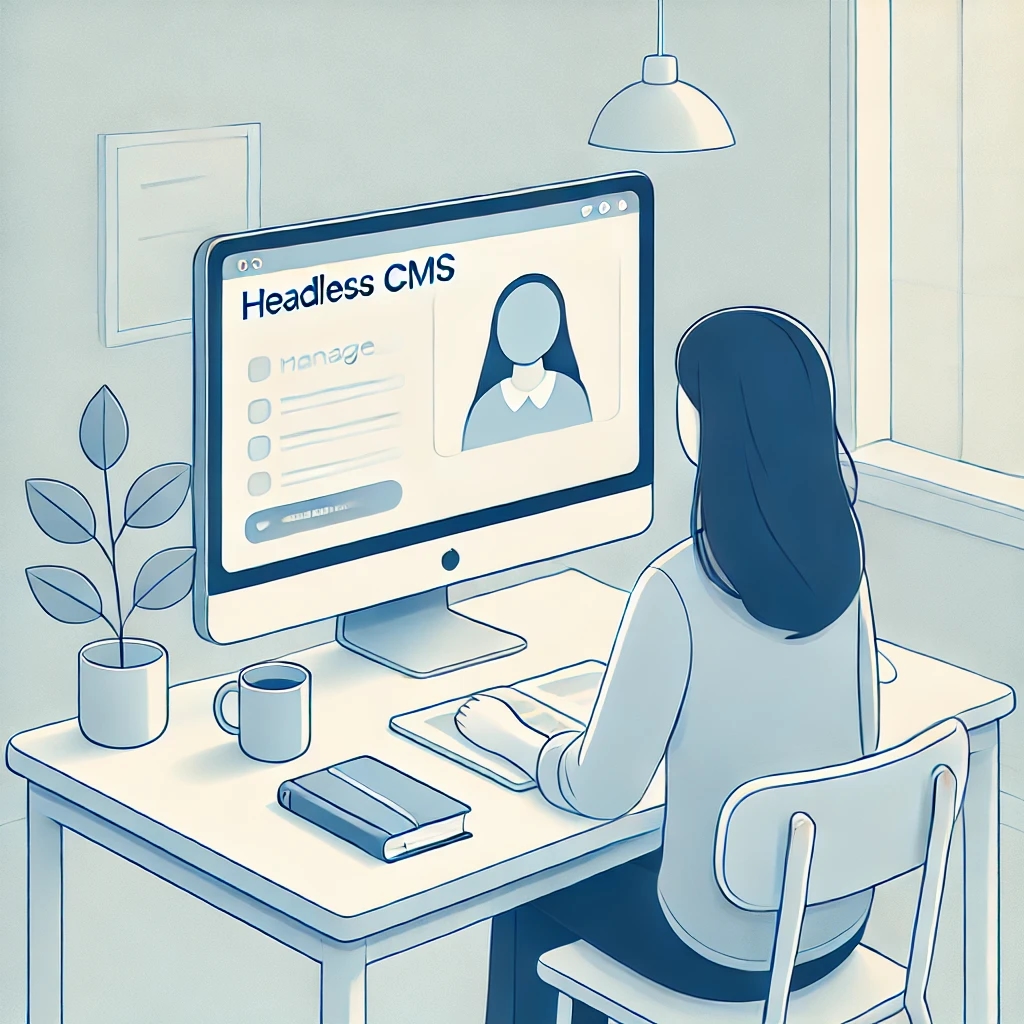
How Educational Institutions Benefit from Headless CMS for Online Learning
Enhance online learning with a Headless CMS. Discover how centralized content management, scalability, and seamless multi-channel access can transform educational platforms.
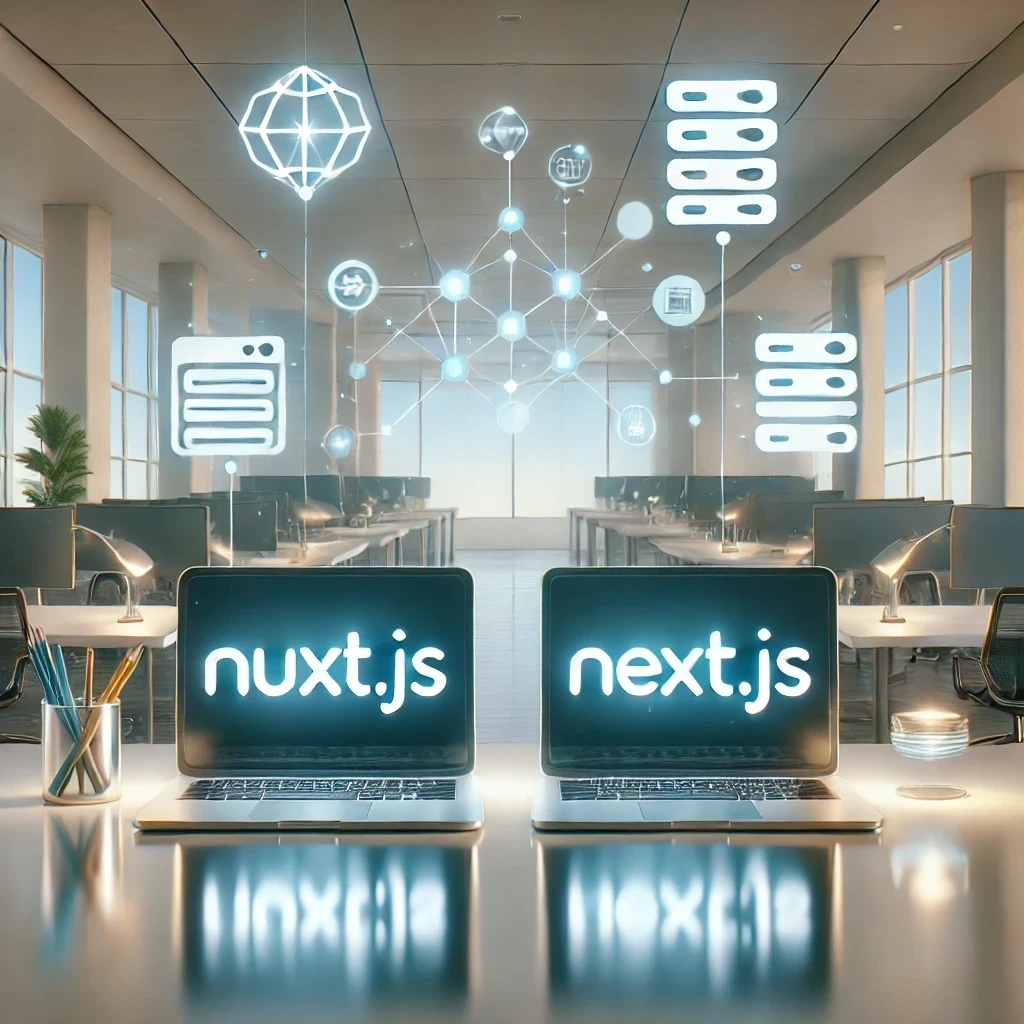
Nuxt vs Next: Which Framework Works Best with Headless CMS?
Compare Nuxt.js and Next.js to find the best frontend framework for your Headless CMS. Discover which offers better performance, scalability, and flexibility for dynamic web projects.
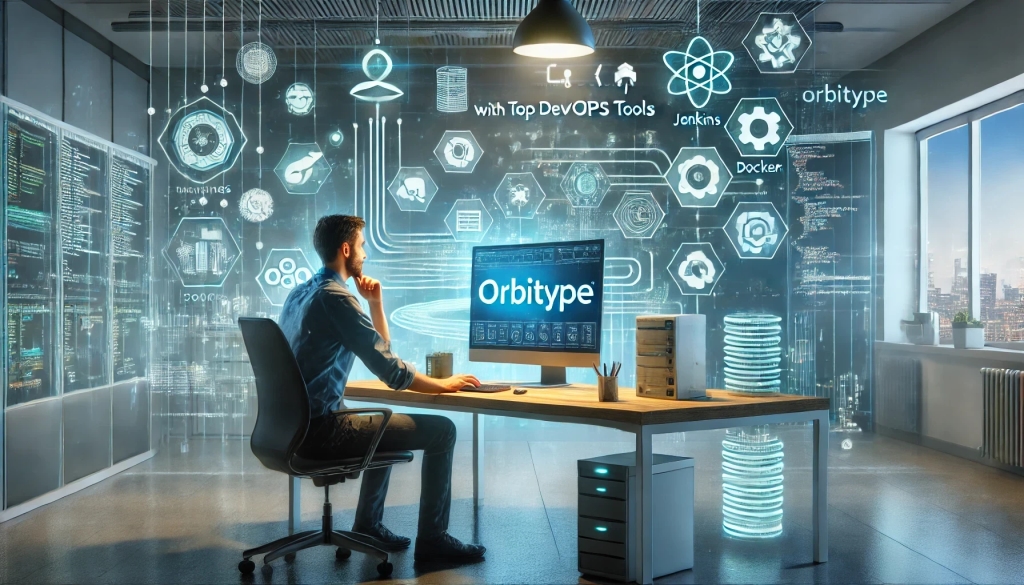
Streamlining Development: Integrating Orbitype with Top DevOps Tools
Discover how to integrate Orbitype with leading DevOps tools like Jenkins, Docker, and Kubernetes. Learn best practices for automating deployments, containerizing Orbitype, and scaling efficiently while streamlining workflows for continuous integration and delivery.
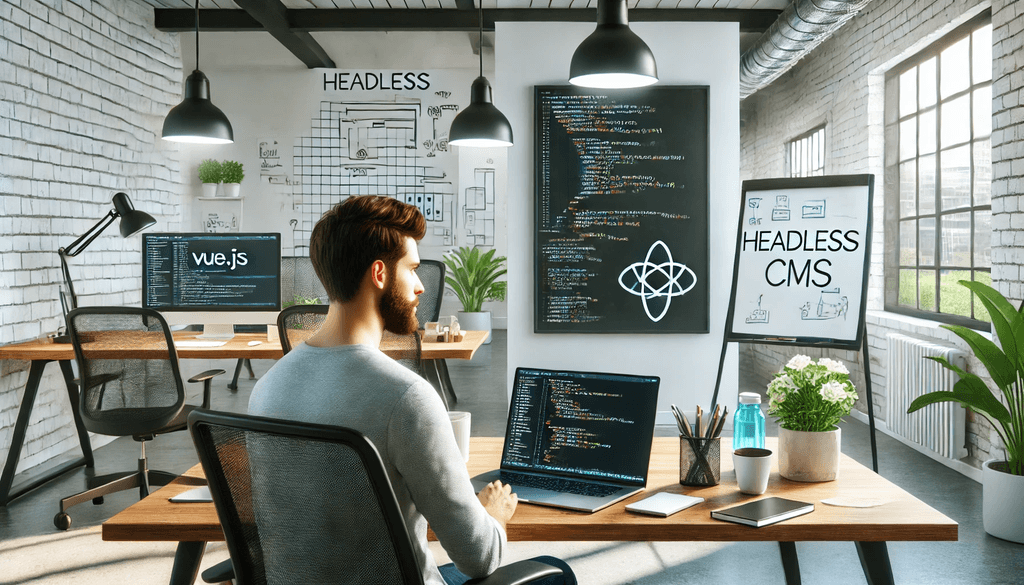
Building High-Performance Vue Apps with a Headless CMS
Discover how to optimize Vue.js apps with a Headless CMS for high performance, scalability, and SEO. Learn best practices and tools for creating dynamic web apps.

SQL or NoSQL: What's Best for Mobile Applications Using Orbitype?
Explore Orbitype, the ultimate headless CMS for React developers, offering seamless content management, enhanced performance, and flexibility to create dynamic web applications with ease. Learn how Orbitype simplifies workflows and boosts productivity.
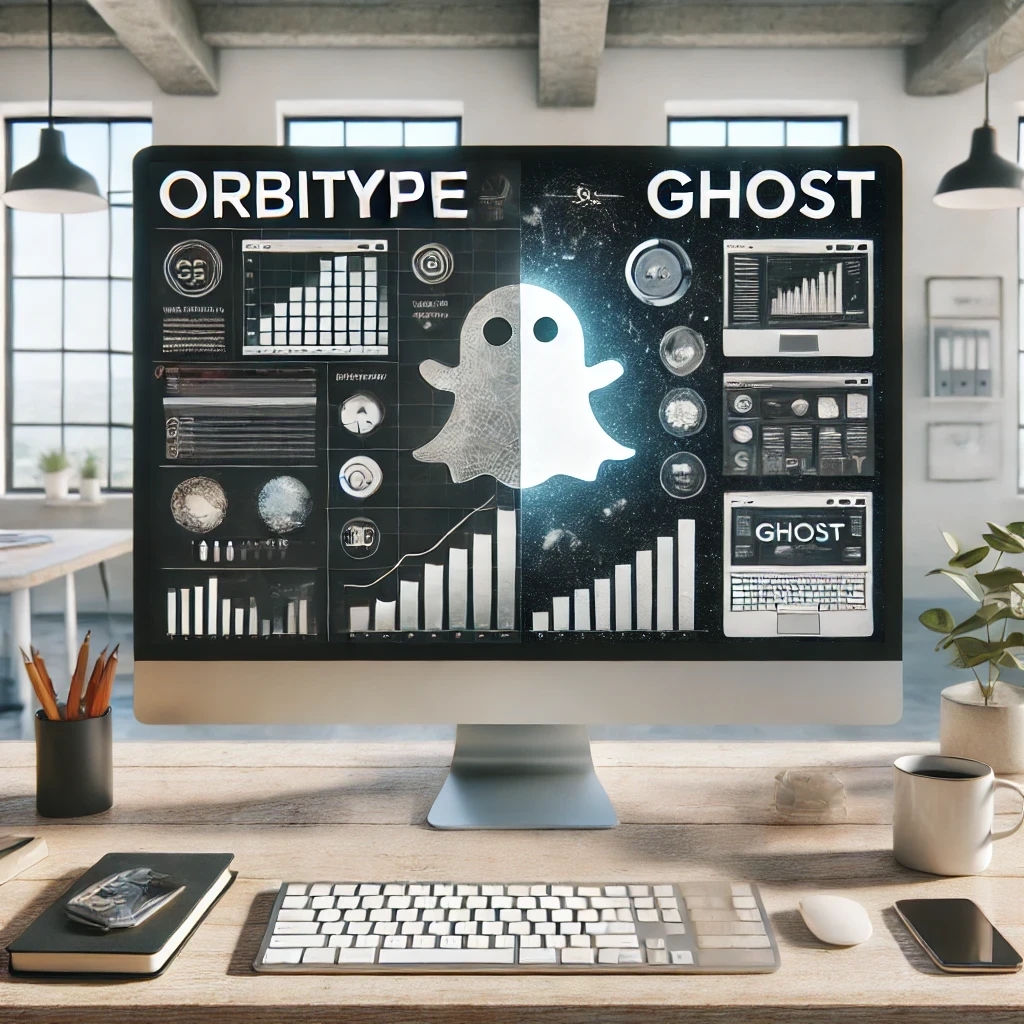
Comparing Orbitype and Ghost: Best CMS for Blogging in 2025
Compare Orbitype and Ghost to find the best CMS for blogging in 2025. Discover which platform suits your goals, from scalability to simplicity and dynamic content
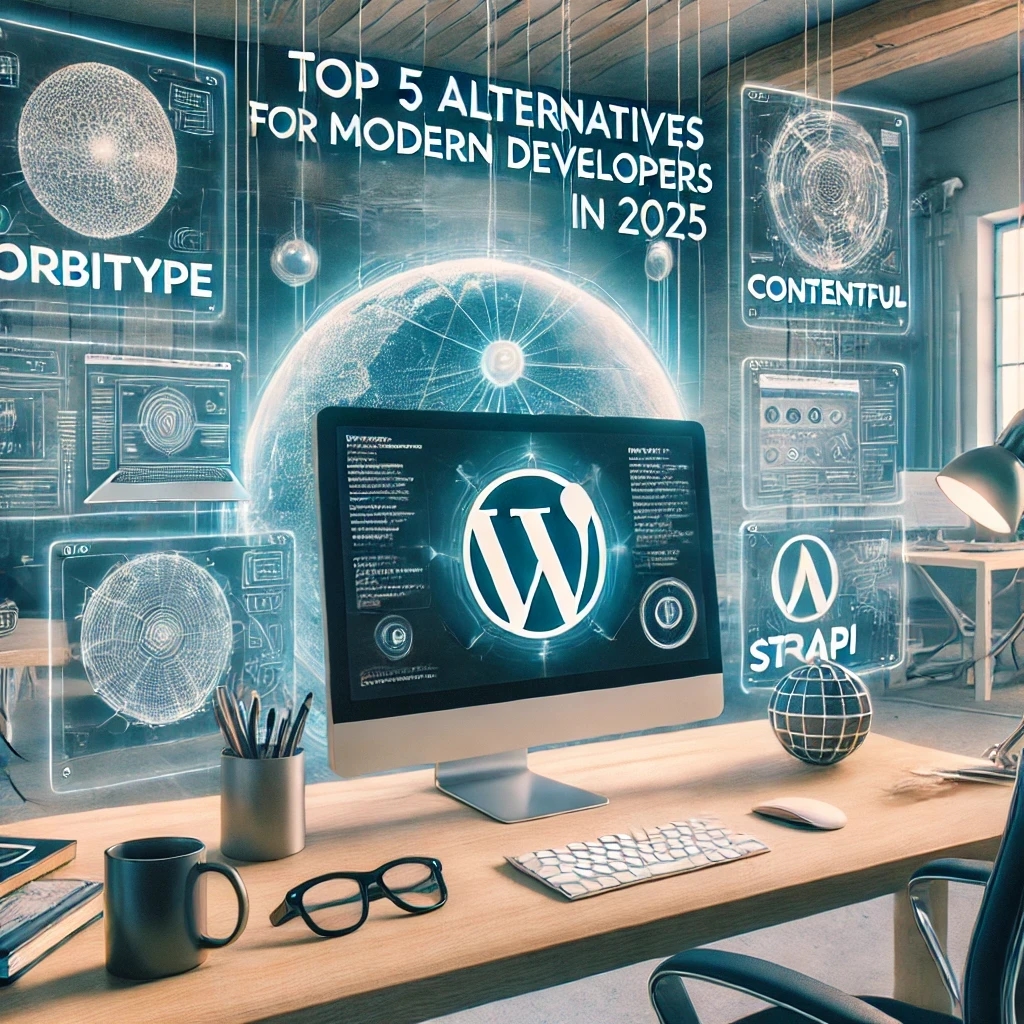
Top 5 Alternatives to WordPress for Modern Developers in 2025
Discover the top WordPress alternatives for 2025, including Orbitype, Contentful, and Strapi. Explore modern CMS platforms offering scalability, flexibility, and cutting-edge tools for developers.

Security and Compliance in Headless CMS: Focus on Orbitype
Explore headless CMS security with Orbitype: advanced authentication, data encryption, and compliance with GDPR & CCPA. Learn best practices for secure CMS operations.

10 Tips for Optimizing Core Web Vitals in Headless CMS Websites
Discover 10 actionable tips to optimize Core Web Vitals for Headless CMS websites. Improve performance, SEO, and user experience with these essential strategies.
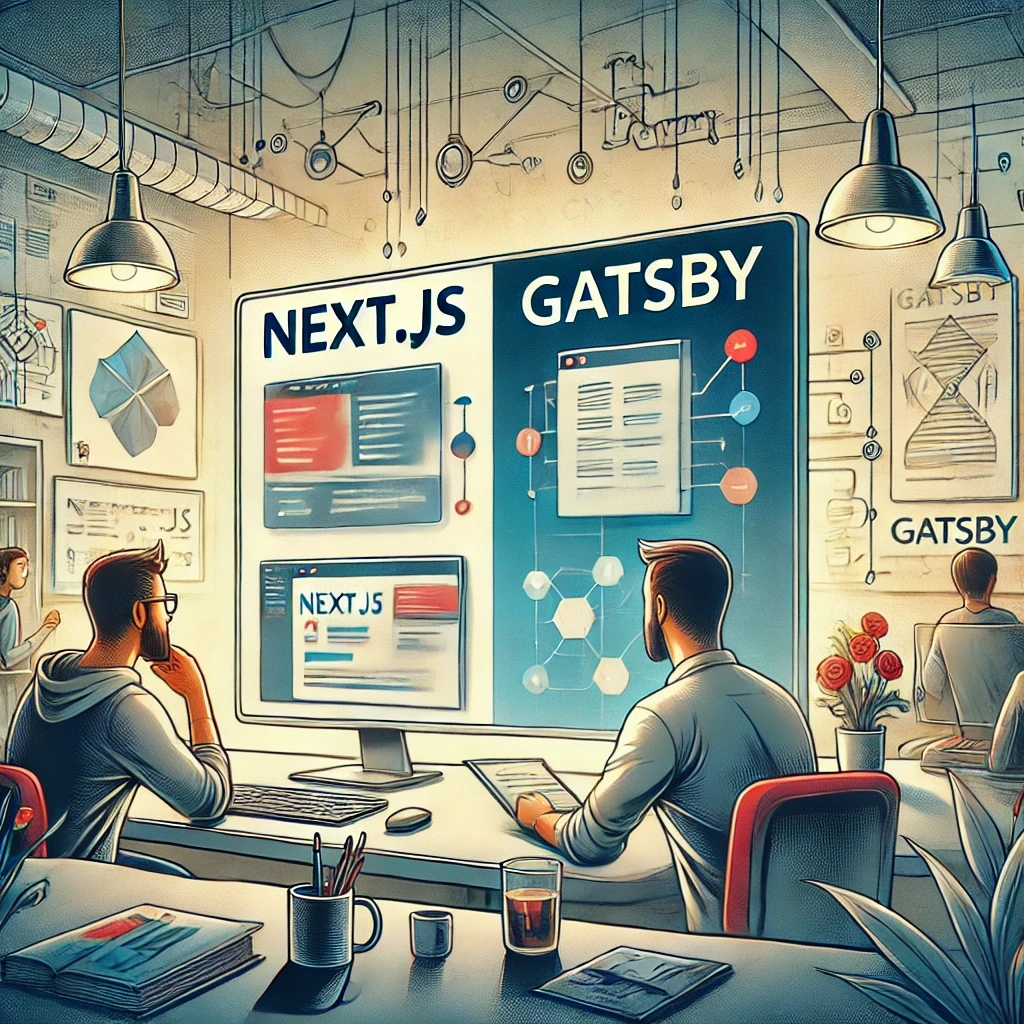
Next.js vs Gatsby: Which Works Best With a Headless CMS?
Choosing between Next.js and Gatsby can be challenging when working with a Headless CMS. This guide breaks down their strengths and helps you decide which framework works best for your dynamic or static content needs.

CMS for Vue.Js - Orbitype Headless CMS
Explore Orbitype, the best Headless CMS for Vue.js, offering seamless API integration, dynamic content management, and unmatched performance for interactive front-end development.
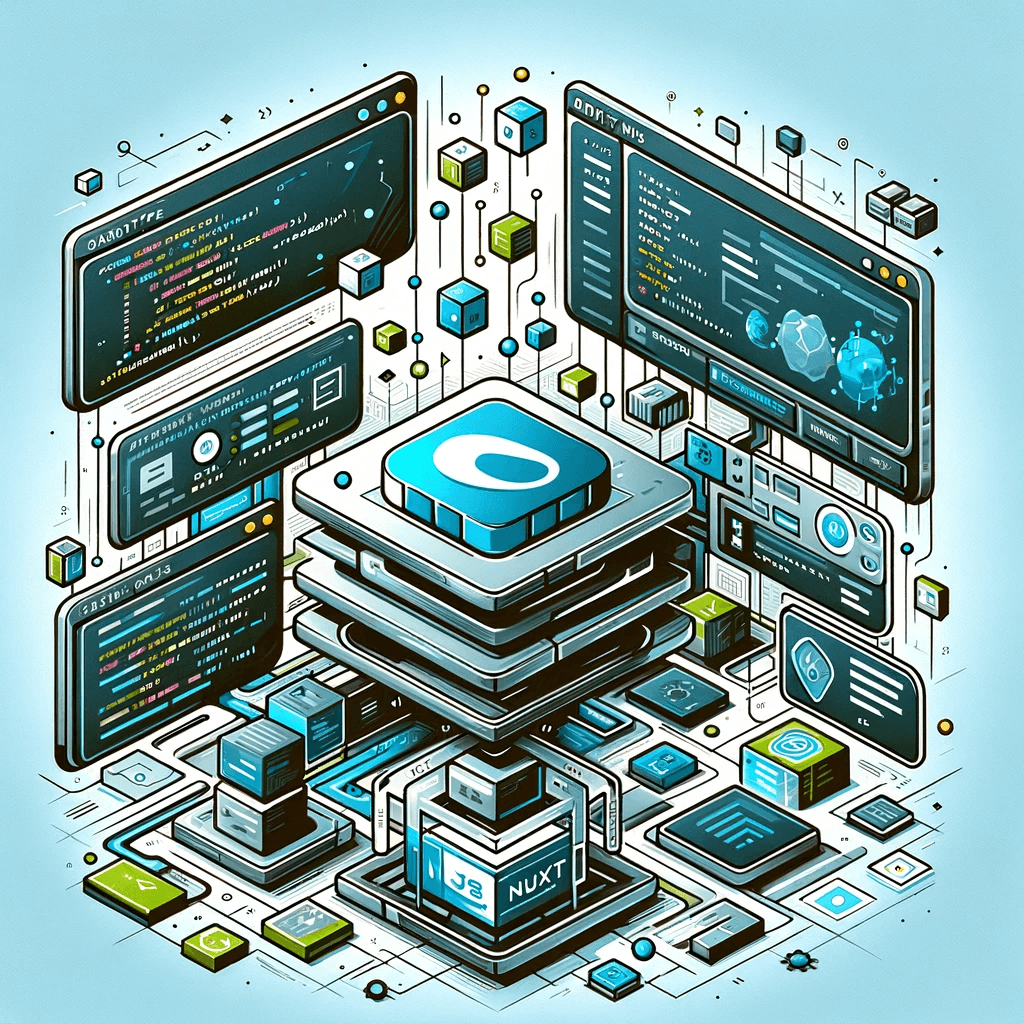
CMS for Nuxt - Orbitype Headless CMS
Optimize your Nuxt.js projects with Orbitype, the API-first Headless CMS offering scalable content management, multimedia repositories, and enhanced SEO for modern web applications.
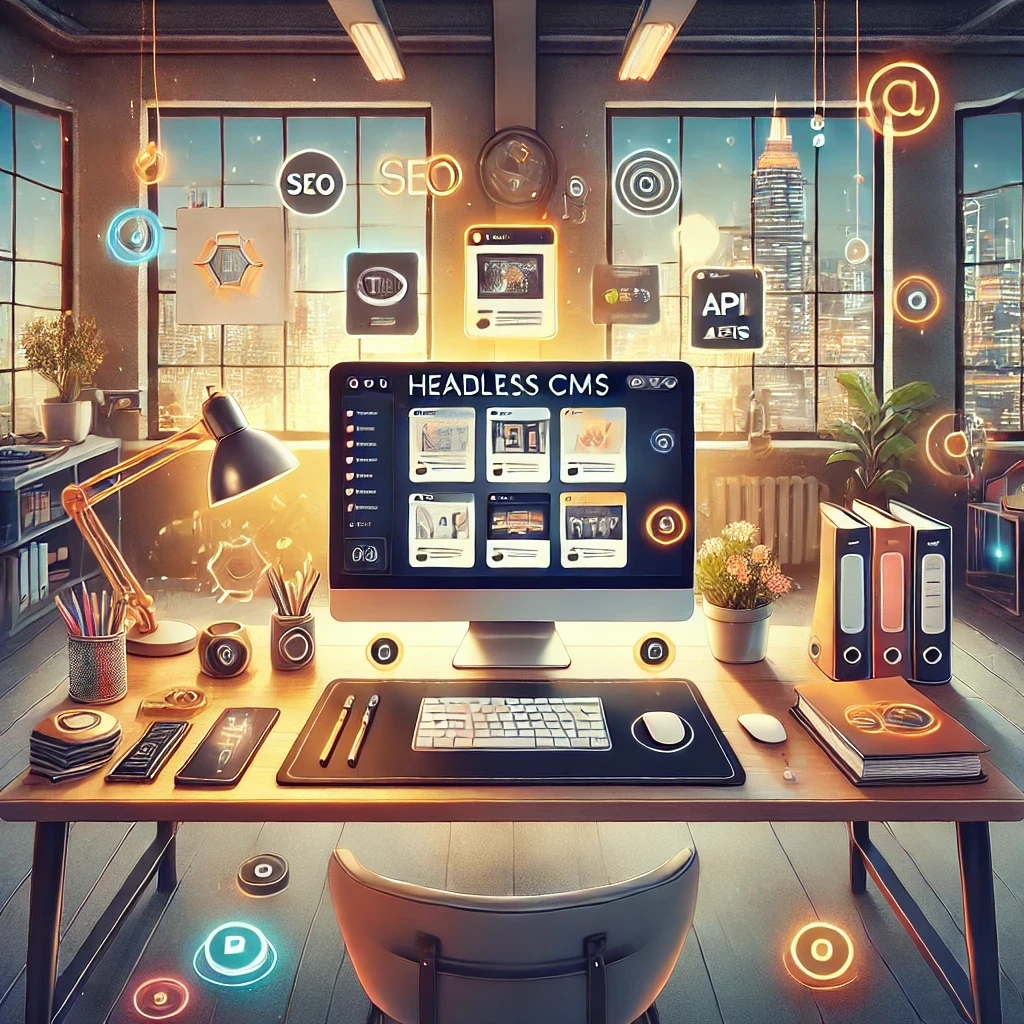
Best Headless CMS Solutions for Portfolio and Personal Websites
Showcase your work with ease using Orbitype—the ultimate Headless CMS for portfolio and personal websites. Enjoy seamless integration, powerful customization, and SEO-friendly features designed for creators and developers.
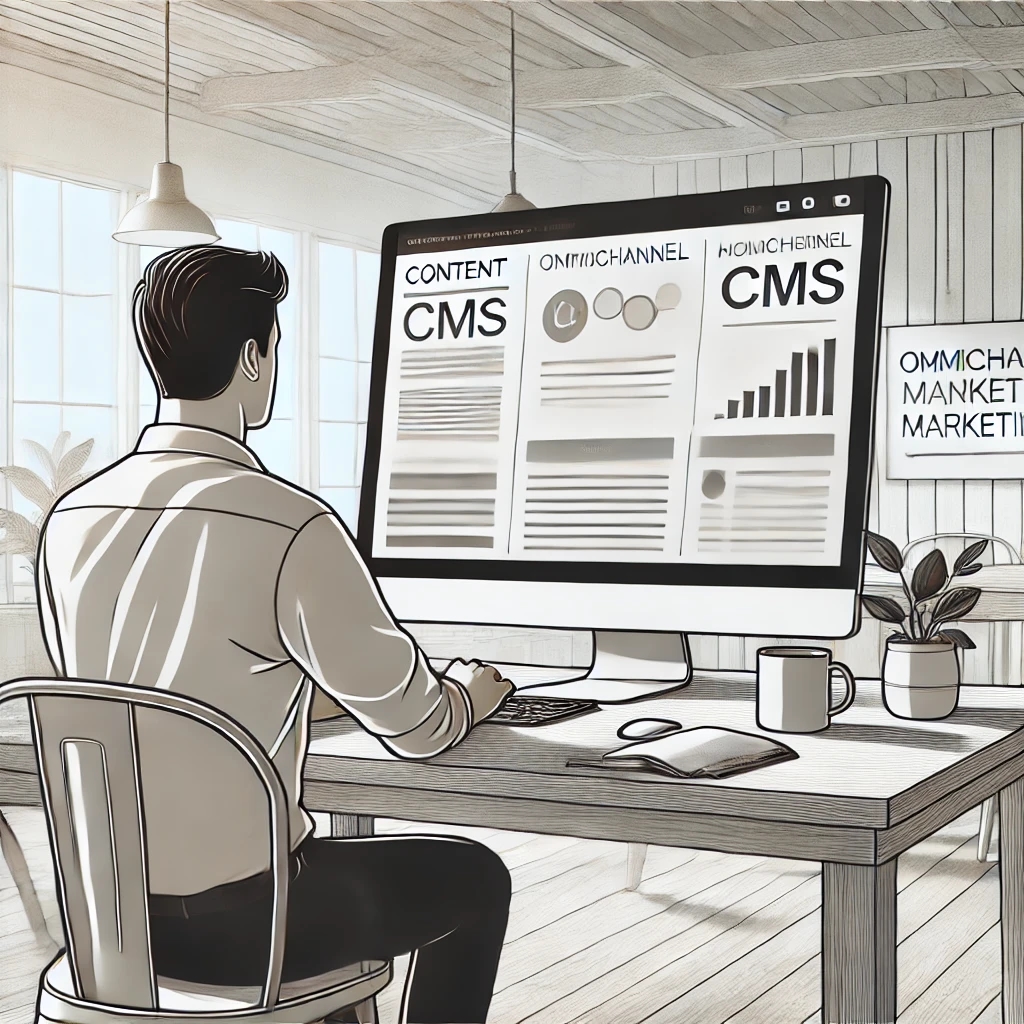
How Headless CMS Empowers Omnichannel Marketing Strategies
Boost your omnichannel marketing strategy with a Headless CMS. Centralize content management, deliver personalized customer experiences, and ensure consistency across platforms.
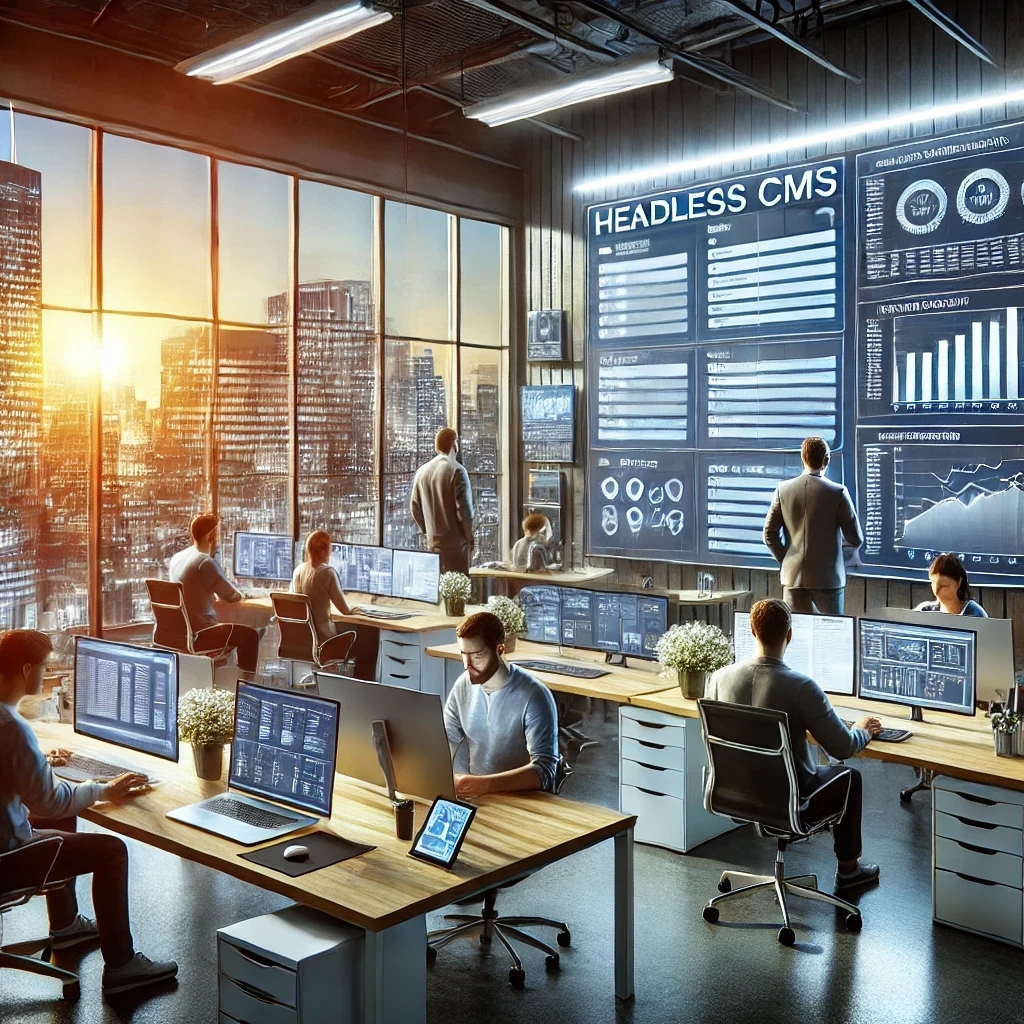
How to Scale Your Website with a Headless CMS for High Traffic
Scale your website effortlessly with a headless CMS like Orbitype—achieve faster load times, seamless scalability, and reliable performance during high-traffic surges
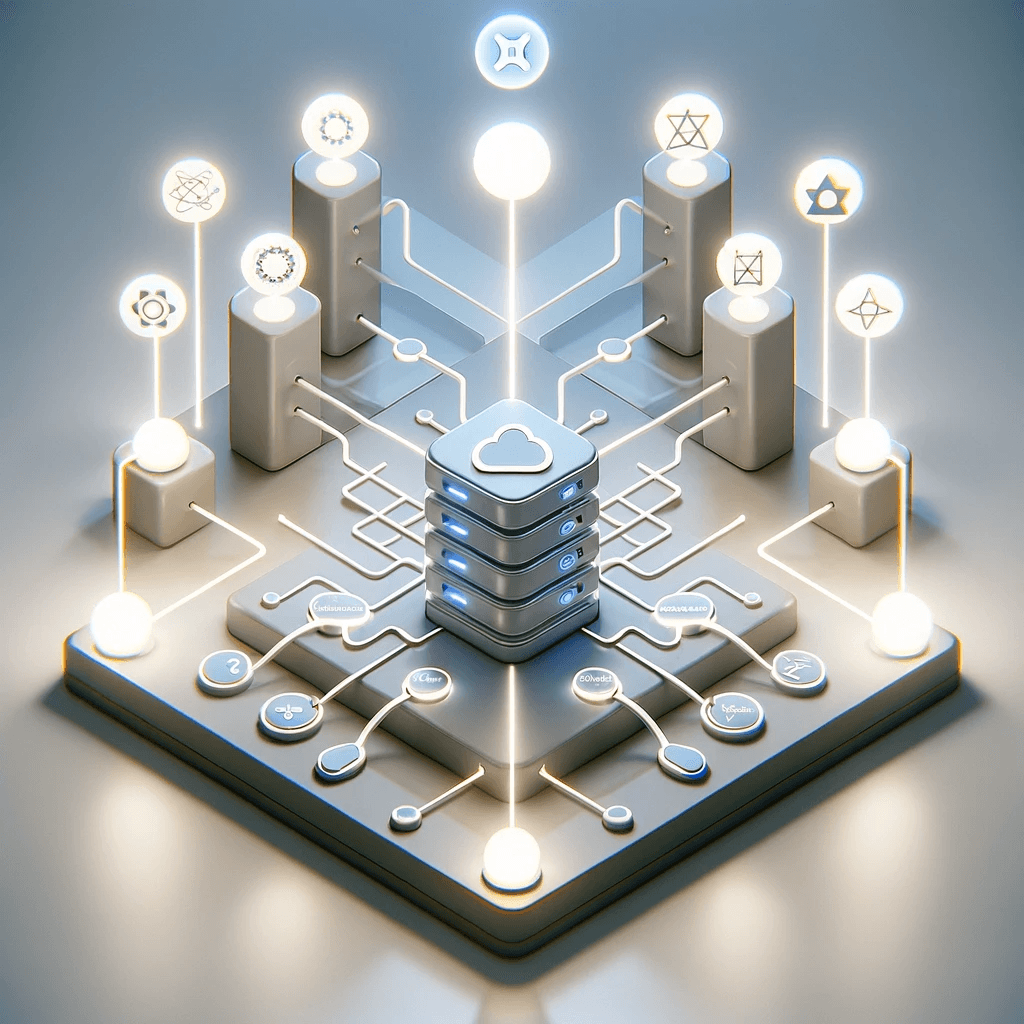
CMS for React - Orbitype Headless CMS
Orbitype is the ideal CMS for React developers, combining seamless API integration, flexible content management, and scalability to create fast, dynamic, and customizable web applications effortlessly.
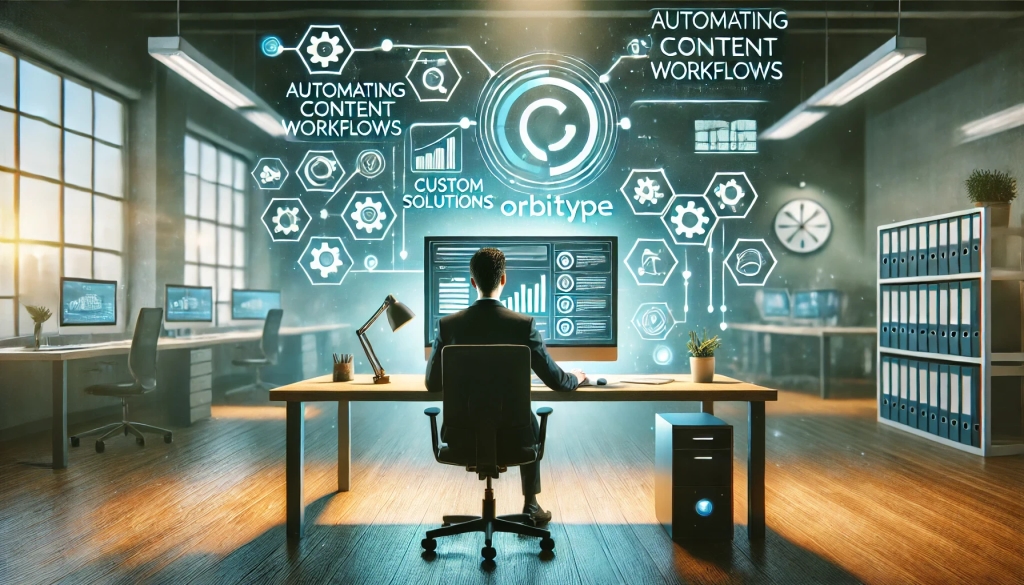
Automating Content Workflows with Orbitype’s Custom Solutions
Discover how Orbitype's custom CRM and ERP solutions revolutionize content workflows. Automate processes, reduce manual tasks, and improve productivity for software development agencies with tailored tools for seamless collaboration and efficiency.